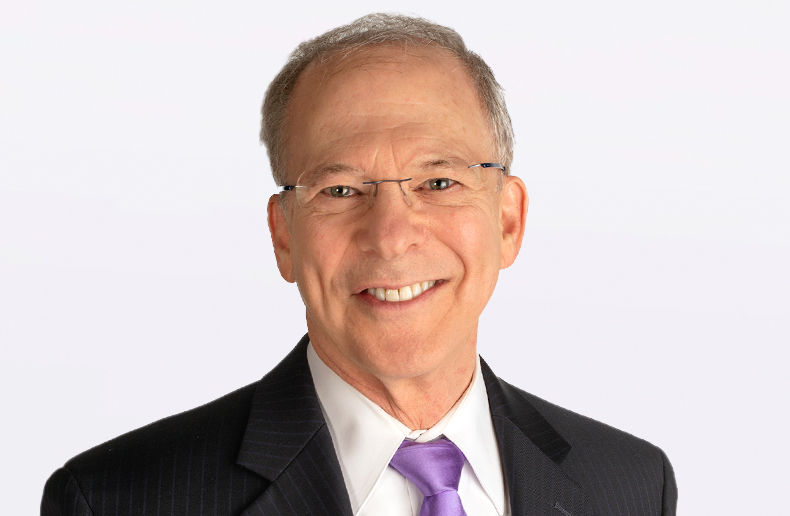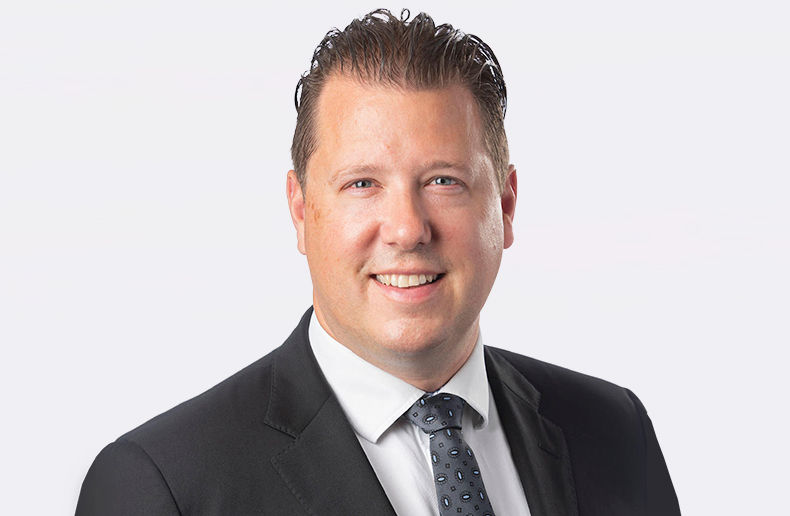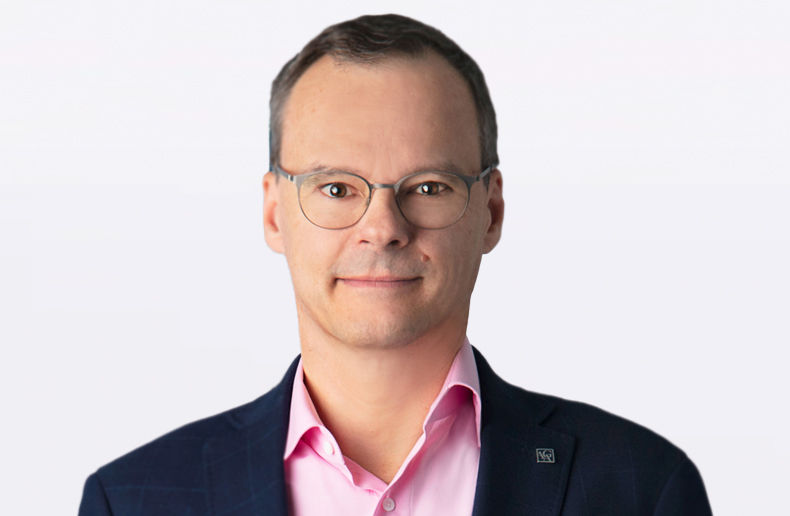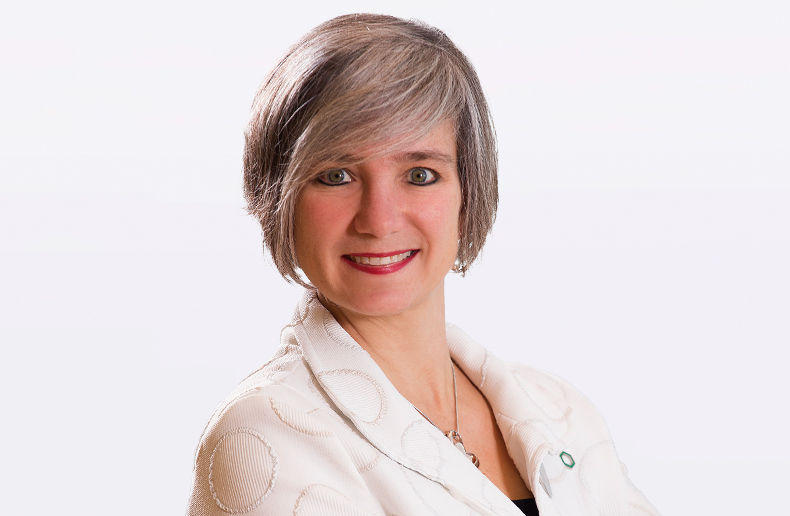Jean-François Trudel’s first 100 days after selling Invessa
By
Hubert Roy
|
Oct. 18, 2021, 1:16 p.m.
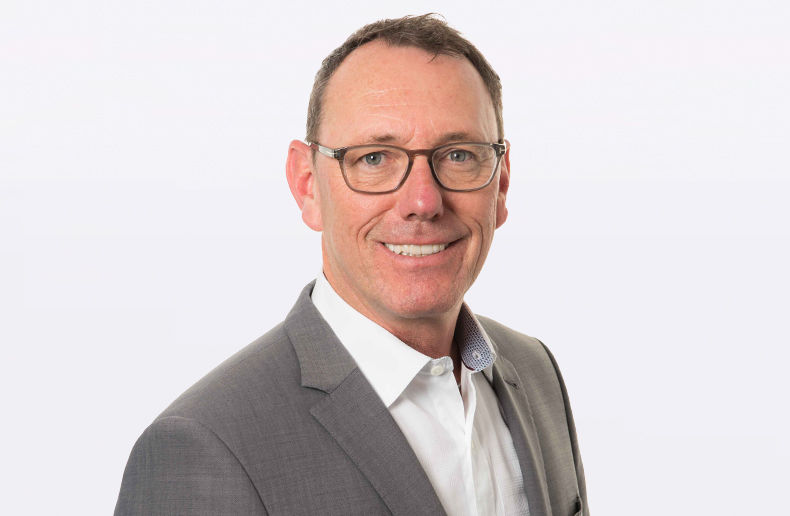
Jean-François Trudel
Selling their business, to which they often dedicated their lives, is a major milestone for entrepreneurs. What happens after they hand over the reins? How should entrepreneurs best prepare for this change? Jean-François Trudel, who sold his company Invessa Insurance and Financial Services to Synex Business Performance, gave Insurance Journal the rundown.
This article is reserved to PRO Level subscribers
Discover the PRO Level
Already subscribed? Sign in >
Advertisement
The most popular in Entrepreneurship
Make your business shine with Visibility360!
Get a PDF version to share in your networks.
I'm interestedHeadlines
Advertisement
Related topics …


